Key Highlights
- A former GMD of NNPC has sued the EFCC,CBN and a commercial bank in Nigeria.
- He filed the suit at the Abuja division of the federal high court.
- He is seeking an order directing the defendants to immediately release $9.8million seized from him by the EFCC.
The former Group Managing Director (GMD), Nigerian National Petroleum Corporation (NNPC), Andrew Yakubu has Instituted a suit against the Central Bank of Nigeria (CBN) and the Economic and Financial Crime Commission (EFCC).
Mr Andrew sued CBN and EFCC alongside a commercial bank, for their refusal to release the sum of $9.8 million which belonged to him.
The suit marked: FHC/ABJ/CS/231/2023 is before Justice Inyang Ekwo of the Federal High Court Abuja.
The suit
Yakubu, through his counsel, Ahmed Raji, SAN, filed the suit seeking an order directing the defendants to immediately release the monies to him in view of the court judgment.
In the originating summon filed on March 8, Andrew is asking the court whether the EFCC ought to still have his seized monies in its custody after a judgment in his favor on March 31, 2022.
He also asked the court “whether the court did not become dominus litis of the respective sums of $9,773,200 and £74,000 belonging to” him when same was put in issue, and in evidence before the court in charge number: FHC/ABJ/CR/43/2017 between Federal Republic of Nigeria v. Engr Andrew Yakubu, and in respect of which judgment was delivered on the 31st of March, 2022.”
“Whether the monies ought not to be released to him forthwith, or paid into an account under the control of the registry of the court, pending the outcome of the appeal lodged by the EFCC against the said judgment.”
He sought “An order directing the respondents to immediately transfer the said monies into an account under the control of the FHC chief registrar or into an account to be operated by the chief registrar, the EFCC and him, pending the determination of the appeal.
However, in a notice of preliminary objection the EFCC asked the court to dismiss the suit.
EFCC argued that the suit constituted an abuse of court process and that the court lacked the jurisdiction to entertain the matter.
The EFCC also informed the court that two other appeals arising from the case, are pending at the Supreme Court with appeal number:. SC/CR/241/2020, between the Federal Government and Yakubu, and appeal number: $C/CR/223/2020 between Yakubu and FG.
They noted that an appeal regarding the said judgment is before the court of appeal in Abuja.
EFCC averred that while waiting for the apex court to fix a date for hearing, Mr. Andrew brought an application asking the supreme court to direct the commission to deposit the monies in a bank account to be managed by the registry of the Supreme Court.
The EFCC prayed the court to discountenance Andrew’s application and uphold its preliminary objection in the interest of justice.
Today’s proceedings
At the resumption of hearing today, Andrew’s lawyer, A.A. Usman informed the court that they were in receipt of counter affidavits from the defendants and they would need time to respond.
GTB’s lawyer, Idaye Imbu, also told the judge that a motion to regularize their processes had been filed.
The court granted the Bank’s prayer as other party’s did not oppose to it, but subsequently, Justice Ekwo adjourned the matter until May 18 for hearing.
Backstory
In 2017, the EFCC had raided Mr Andrew’s house and seized $9,772, 800 alongside £74,000 from his home,
The EFCC suspecting that the funds were proceeds of crime, arraigned him on March 16, 2017 on a six-count charge bordering on money laundering.
- Mr Yakubu pleaded not guilty to the charges proffered against him by the EFCC.
- In counts 3 and 4 of the charges, the EFCC argued that Mr. Yakubu received the money without going through a financial institution as stated under the money laundering prohibition act.
- They submitted that Section 1(A) of the money laundering prohibition act states that “No person shall, except in a transaction through a financial institution, make or accept cash payment of a sum exceeding N5 million or its equivalent.“
- Mr. Yakubu in his testimony told the court that the money was received in trenches and not in bulk and that the money was as goodwill from his well-wishers after he left office in 2014.
- He told the court that the purpose of keeping the money at home was to think of a business venture that he will invest in.
- The EFCC sought an order for the interim forfeiture of the money which was granted by the federal high court, Kano division.
- On May 16, 2019, the trial court struck out count one and two of the charges.
- Not satisfied with the decision of the trial court, Mr Yakubu appealed the decision of the lower court
- On December 5, 2018, In an appeal marked: SC/639/2018, Mr Yakubu filed a no case submission at the appellate court.
- On April 24, 2020, the court of appeal in its judgement, struck out count 5 and 6 of the charges ordering Mr. Yakubu to open his defense in count 3 and 4.
- Count 3 and 4 bordered around Mr. Yakubu’s failure to make full disclosure of his assets to EFCC upon his arrest and receiving cash, without going through a financial institution in violation of Section 1(1) of the Money Laundering Act, 2011 which is punishable under Section 16(2)(b) of the Act.
- Consequently parties returned to the federal high court for continuation of trial.
On March 31,2022, Justice Ahmed Mohammed discharged and acquitted Mr. Andrew of the money laundering charges against him by EFCC.
While delivering the judgment, the judge held that the EFCC failed to prove its case beyond reasonable doubt and he also went ahead and ordered the EFCC to release the said money seized from Mr. Andrew’s home.
However, the EFCC says that it has appealed the decision of the trial court before the court of Appeal in Abuja.

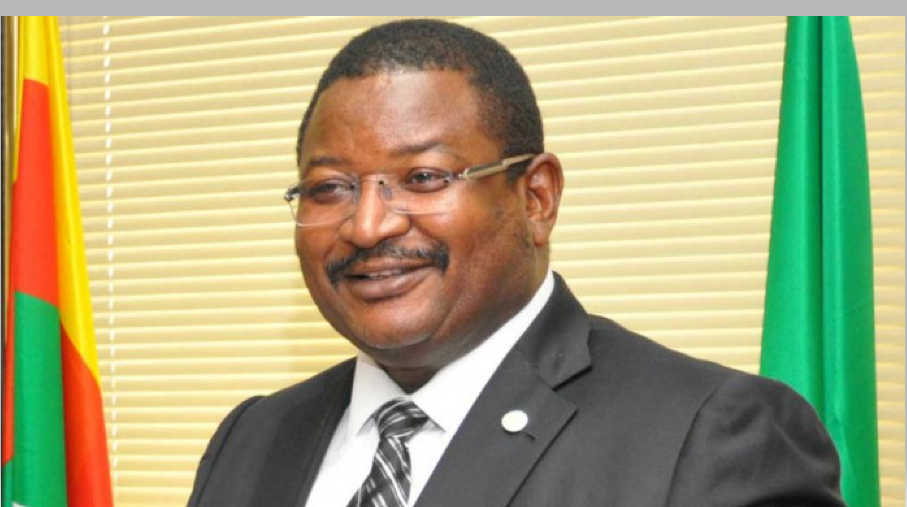

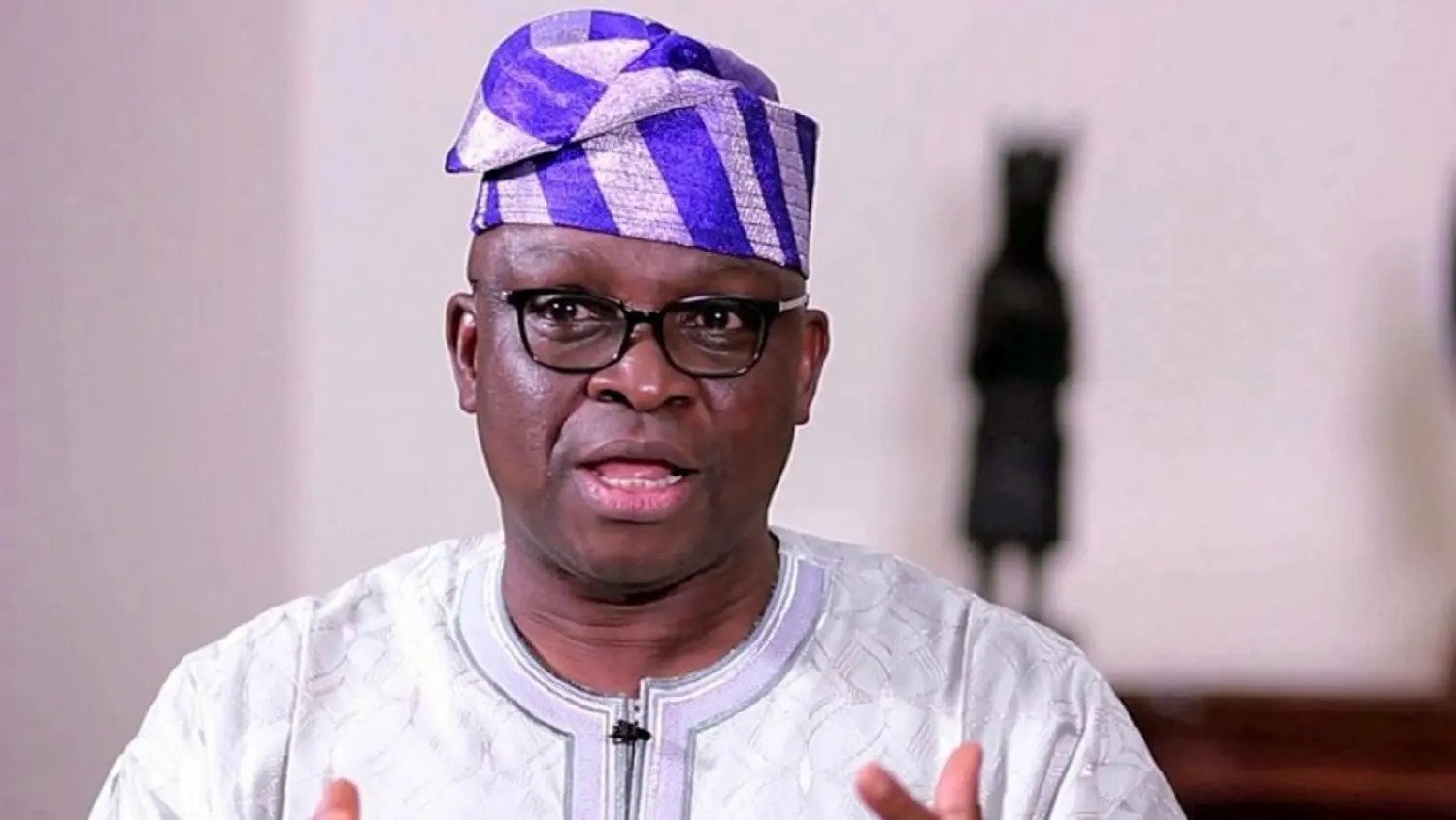




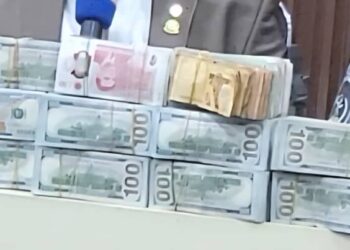
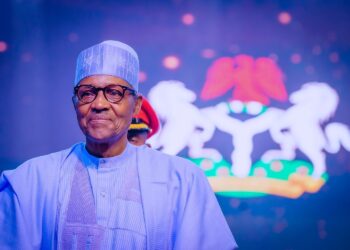

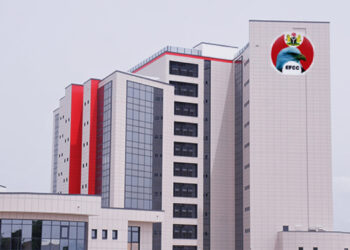
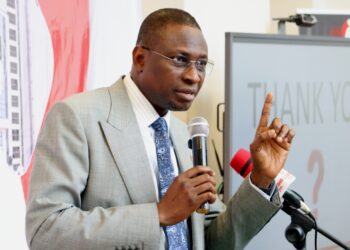






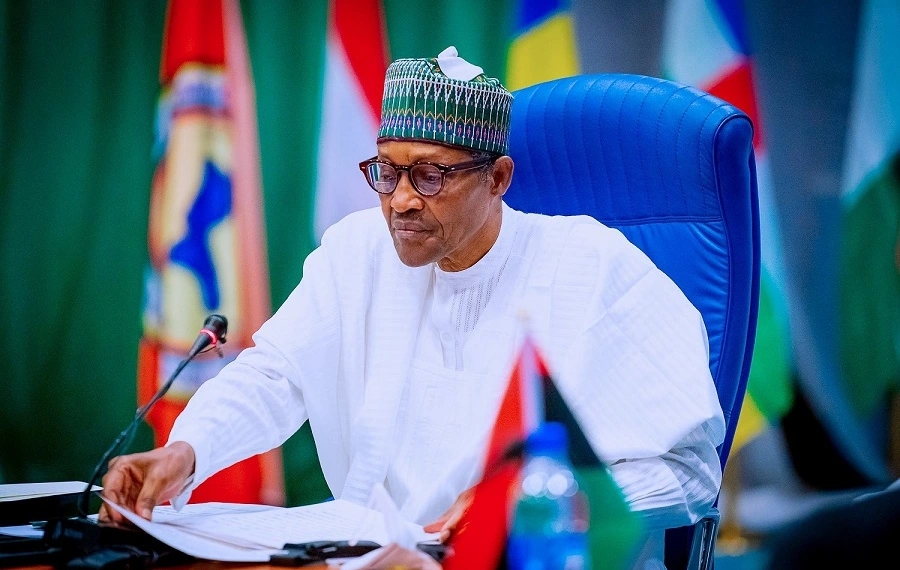
In a developed Western country, this man should have been convicted and jailed a long time ago. Receiving such enormous monies or gifts from interested parties before or after his tenure would be unlawful in saner countries because it’s fairly obvious it was due to his associations during his time as NNPC GMD that such monies were given to him. Obviously, he didn’t receive the gifts just because he’s a nice, friendly, handsome man etc, but because of his previous post. It’s not allowed in many Western countries because such gifts or promise/anticipation of such, would bias the judgement of the receiver when dealing with interested parties in official capacity. But in Nigeria, they say ”where you work is where you chop”, thereby allowing individuals to use their positions to extort or solicit such gifts from interested parties like contractors, clients and customers.
What’s this colonized drivel about supposedly “civilized Western” countries?
In any decent society, wherever located, he would have been convicted and jailed. Let’s not fall into the habit of accepting corruption as a “Nigerian” thing. The Nigerian government that prosecuted him in the first place, should appeal the trial court’s disgraceful decision and pursue the matter until its logical (or illogical) conclusion.